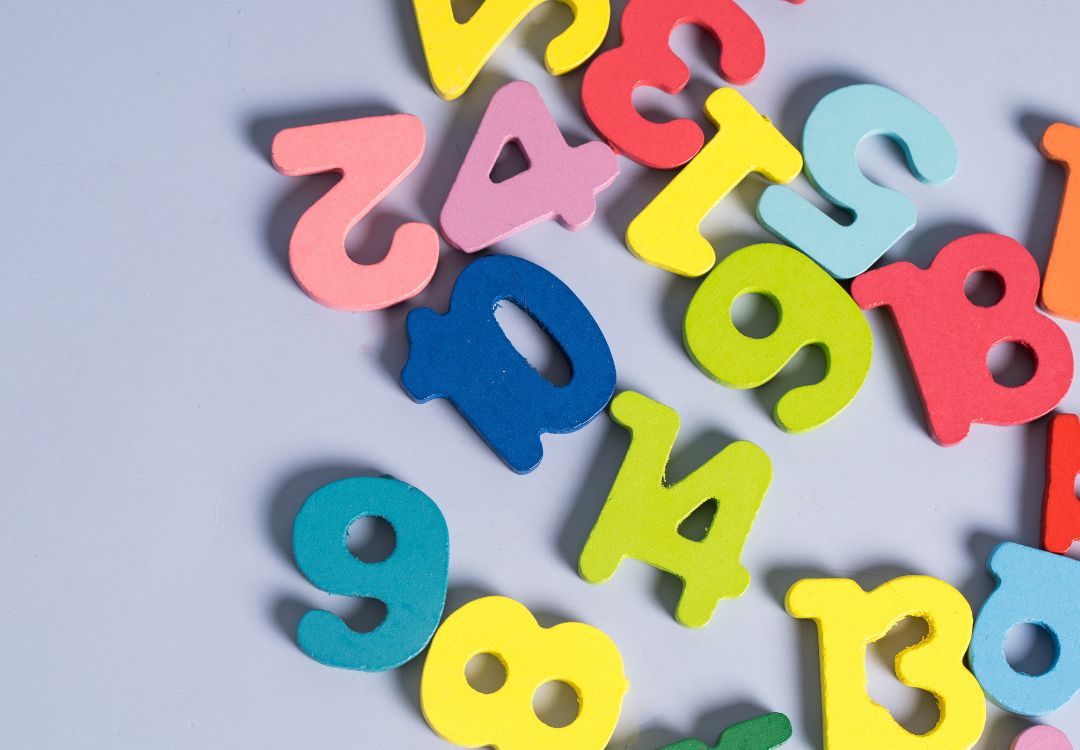What is the correlation between dyscalculia and maths? If you struggle with maths, this blog is for you
What is maths dyscalculia?
Often nicknamed `maths dyslexia` or `numbers dyslexia`, dyscalculia is a learning disability that alters the way a person understands maths-related concepts [1]. Though maths is not the only area affected and adults with dyscalculia may also experience:
- Forgetting people’s names, birthdays, or phone numbers
- Getting lost or struggling to follow directions
- Struggling to be on time despite best efforts (i.e., misjudging how long it takes to get to an appointment and arriving late)
- Struggling to remember the steps taken in tasks that require motor sequencing, i.e. a dance routine or putting a coffee machine together, for example.
Despite dyscalculia being known as `maths dyslexia`, people with dyslexia are extremely good at figuring out spacial relationships such as being on time, knowing how long it takes to get somewhere, or judging the size of an object by looking at it. Shows how misleading the term is!
How can dyscalculia affect maths?
Adults with dyscalculia learn at a slower pace or have to work through the same mathematic methods over and over before comprehending them. They often find maths overwhelming, confusing, and sometimes even experience maths anxiety. Dyscalculia is thought to be a learning disability that people develop during childhood – for example if your parents avoided maths and therefore did not help you with it from an early age – and many carry it through to adulthood [1].
Who diagnoses dyscalculia in the UK?
Dyscalculia is generally diagnosed by a GP or doctor, and thereafter a referral can be made to specialist services and support. Although it is often hereditary and is strong-rooted in people with ADHD, anxiety, and depression, dyscalculia is highly susceptible to treatment and perseverance.
While waiting for appointments and referrals, you can try:
- Practising maths worksheets online
- Playing dyscalculia maths games
- Testing yourself with a dyscalculia test online (although, these are not guaranteed to be accurate and should not be taken as a diagnosis)
- Watching YouTube videos by others with dyscalculia
- Familiarising yourself with support for dyscalculia near you
- Read about dyscalculia on the official NHS website or charities raising awareness for dyscalculia
Suggested reading for you based on `dyscalculia`
Maths and English Classes for Adults with Learning Disabilities
How Do Learning Disabilities Affect Education?
Learning Disability vs Learning Difficulty: What’s the Difference?
Resources:
References:
[1] healthline.com

